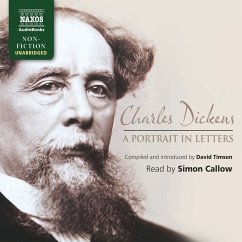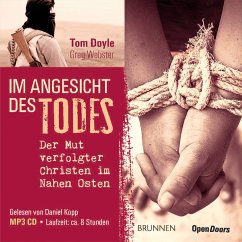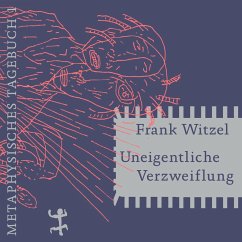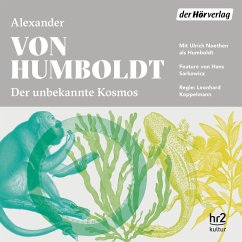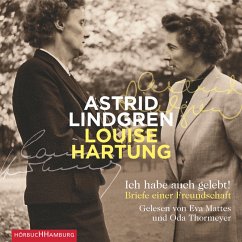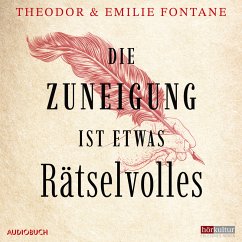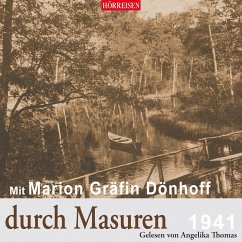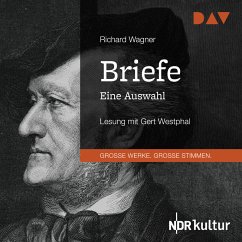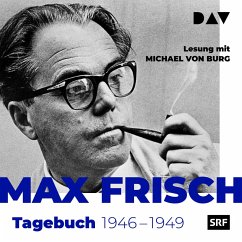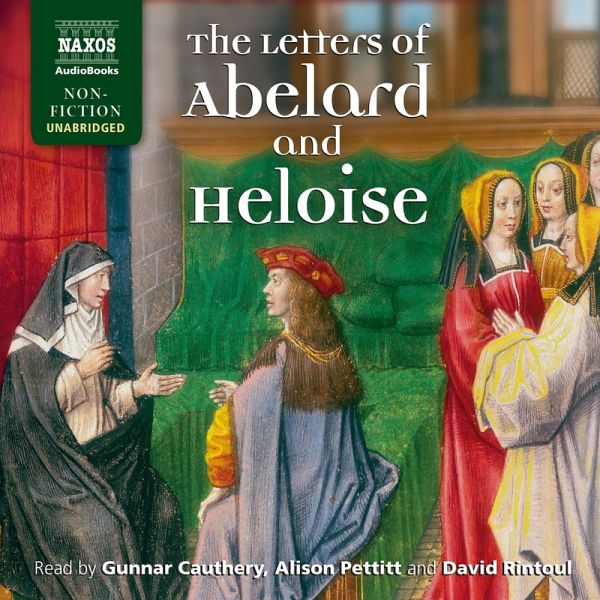
The Letters of Abelard and Heloise (Unabridged) (MP3-Download)
Ungekürzte Lesung. 551 Min.
Sprecher: Cauthery, Gunnar; Rintoul, David; Pettitt, Alison

PAYBACK Punkte
14 °P sammeln!
The Letters of Abelard and Heloise is one of the most extraordinary correspondences in European history. Written in the 12th century, the letters document the love affair between Peter Abelard, a revolutionary philosopher and biblical scholar, and his beautiful and precocious student, Heloise. Eviscerated by his religious opponents and castrated by Heloise's family, Abelard is haunted by ill fortune, and the star-crossed lovers are forced into separate lives, as monk and nun respectively, with letters being their only form of communication. What unfolds is tragic and heartbreaking, but also fa...
The Letters of Abelard and Heloise is one of the most extraordinary correspondences in European history. Written in the 12th century, the letters document the love affair between Peter Abelard, a revolutionary philosopher and biblical scholar, and his beautiful and precocious student, Heloise. Eviscerated by his religious opponents and castrated by Heloise's family, Abelard is haunted by ill fortune, and the star-crossed lovers are forced into separate lives, as monk and nun respectively, with letters being their only form of communication. What unfolds is tragic and heartbreaking, but also fascinating. The letters gave rise to compelling philosophical, theological and sociological discussions, and they provide a window into the medieval mind as the everyday lives of the two lovers are laid bare through their passionate discourse.
Dieser Download kann aus rechtlichen Gründen nur mit Rechnungsadresse in A, D ausgeliefert werden.




